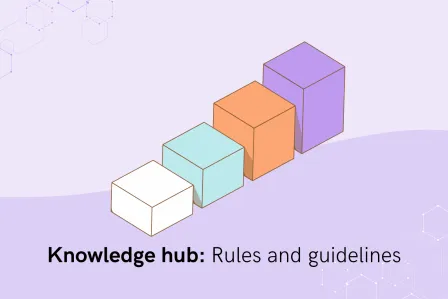The Act LXXVIII of 2024 on the Suppression of Internet Aggression aims to curb online aggression. The Act entered into force on the 1st of January 2025 and amended existing legislation in a number of areas, introducing new obligations and procedural rules. The provision was added to Act C of 2012 on the Criminal Code to criminalise aggression on the Internet.
Under the new legislation, it is a criminal offence to publicly publish content on an electronic communications network that incites violent acts. The new rules aim to make the online space safer and reduce incitement to hatred and violence. While the regulation imposes new burdens on publishers and operators of online media products, these steps are essential to ensure responsible online communication.
(Source: Hungary - Policy monitor country profile, 2025).
Entities responsible for the implementation: Government of Hungary.

The Act LXXVIII of 2024 on the Suppression of Internet Aggression aims to curb online aggression. The Act entered into force on the 1st of January 2025 and amended existing legislation in a number of areas, introducing new obligations and procedural rules. The provision was added to Act C of 2012 on the Criminal Code to criminalise aggression on the Internet.
Under the new legislation, it is a criminal offence to publicly publish content on an electronic communications network that incites violent acts. The new rules aim to make the online space safer and reduce incitement to hatred and violence. While the regulation imposes new burdens on publishers and operators of online media products, these steps are essential to ensure responsible online communication.
(Source: Hungary - Policy monitor country profile, 2025).
Entities responsible for the implementation: Government of Hungary.
- cyberviolence hate speech harmful content online safety


